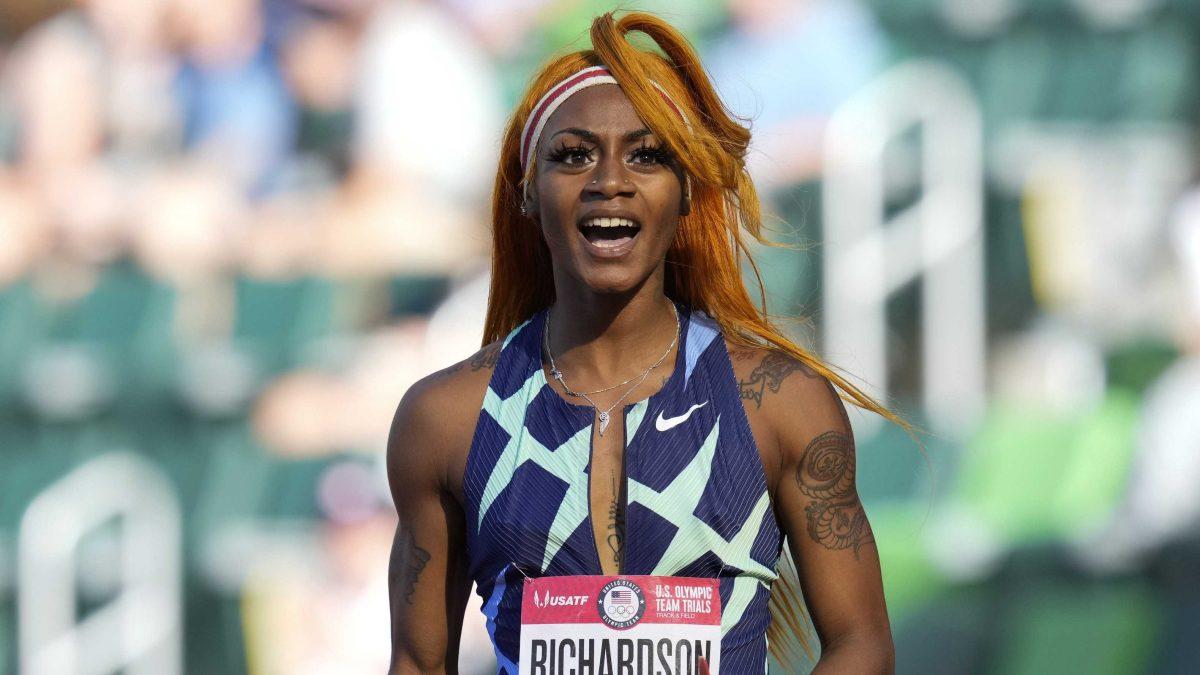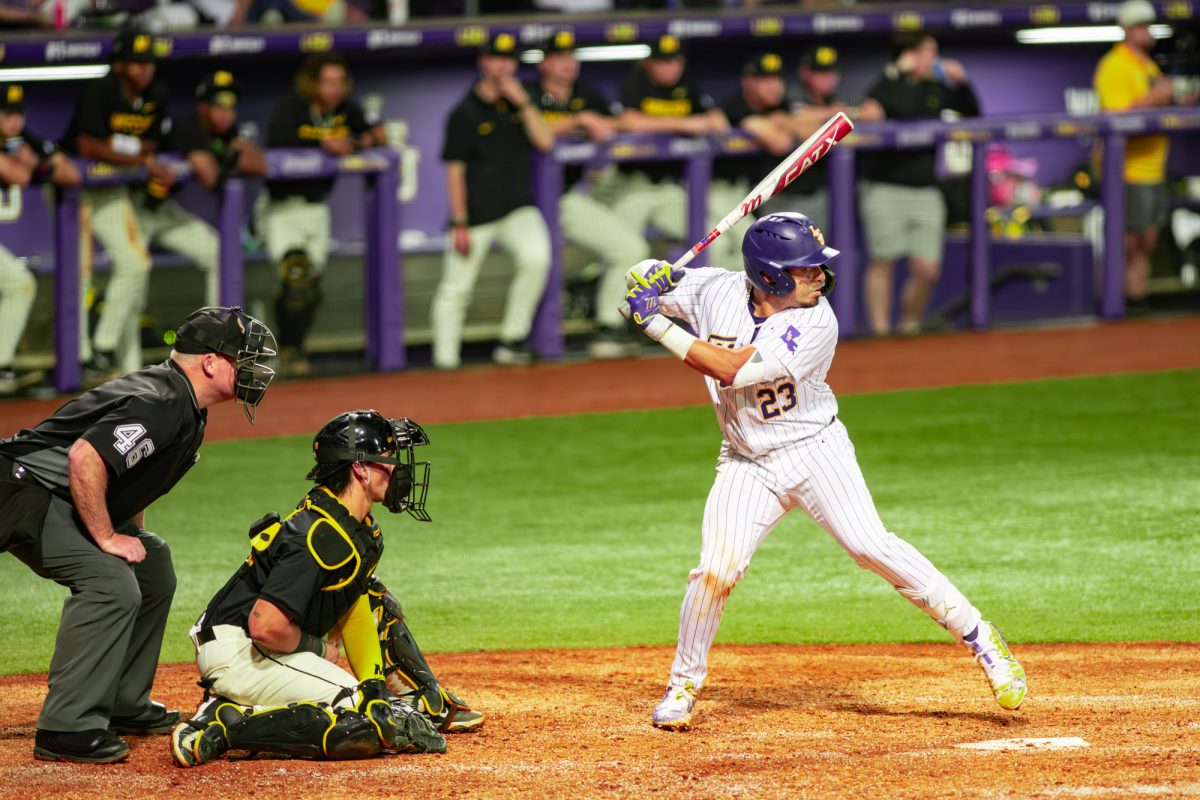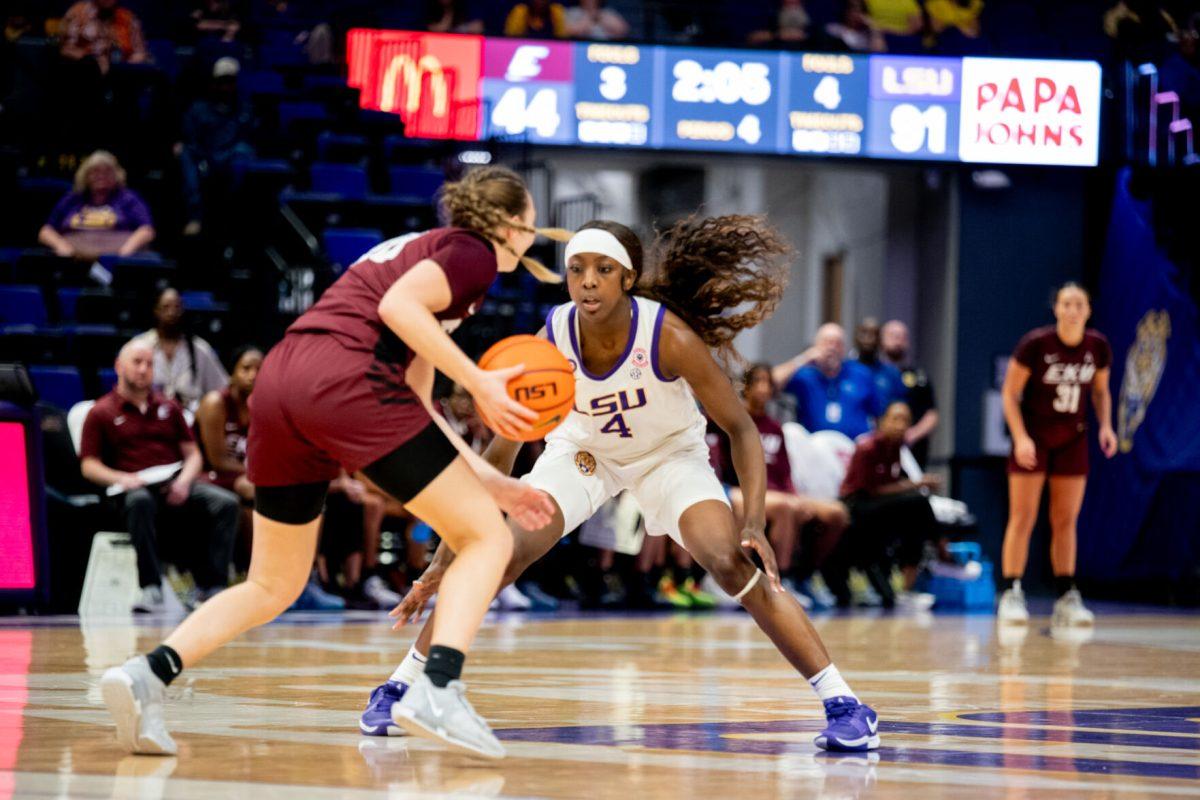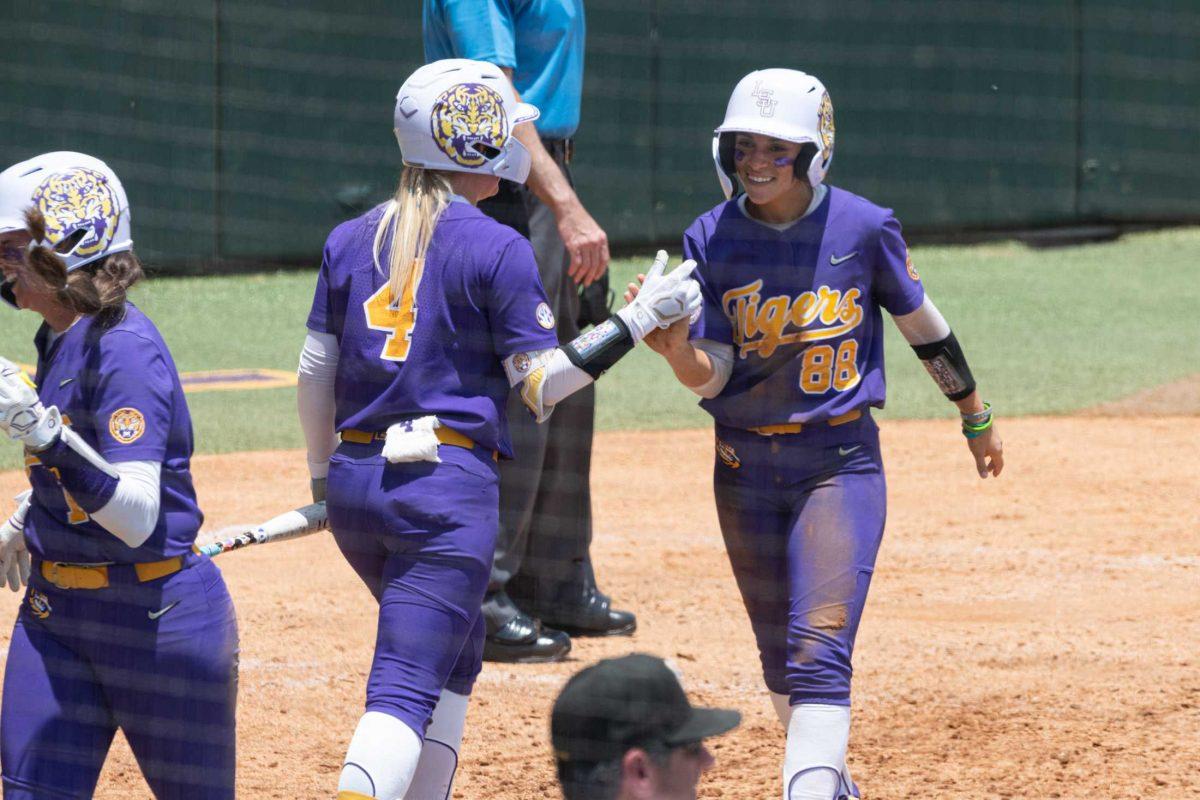Track officials are allowed to pick two athletes for the Olympic’s 4×100 relay team despite how they performed in the trials.
There was some speculation that suspended sprinter Sha’Carri Richardson would still likely run in the relay even though she couldn’t make her signature event, to give the runner a chance to at least appear in the Tokyo Olympics.
After U.S. Track and Field officials recently released the full list of names competing in the 4×100 in August, however, it was clear that Richardson had completely missed her shot to compete at the 2020 Olympic Games.
USATF said that the athlete’s situation is “incredibly unfortunate and devastating for all.” While they shared their sympathies with Richardson, they mentioned that it would be unfair to relinquish another hopeful U.S. team member’s spot on the team in favor of the ex-Tiger. USATF acknowledged that the current list of banned drugs may perhaps need revision, but that Richardson’s suspension was based off specifically following the current procedure for that particular failed drug test.
“All U.S.A.T.F. athletes are equally aware of and must adhere to the current anti-doping code, and our credibility as the national governing body would be lost if rules were only enforced under certain circumstances,” the organization said. “Our heartfelt understanding lies with Sha’Carri, but we must also maintain fairness for all of the athletes who attempted to realize their dreams.”
Yet, Richardson hadn’t petitioned to join the relay squad anyway. Her agent Renaldo Nehemiah said that Richardson began pouring all of her concentration into future competitions after the devastation of her suspension.
Richardson took the nation by storm back in 2019 when she broke the 100-meter record at the NCAA Track & Field Championships with a time of 10.75 seconds, the quickest in women’s collegiate history.
The freshman went pro following the performance and eventually improved her personal record to 10.72 at a silver-level invitational meet in Florida, becoming the sixth-fastest woman ever. On June 19th at the U.S. Olympic Trials, the track star continued to skyrocket to international fame, clocking in a wind-aided 10.64 and a 10.86 time at the semis and finals to finish first and punch her ticket straight to Tokyo.
Even against the likes of Jamaican runners Elaine Thompson and Shelly-Ann Fraser-Pryce, the Tiger was confident that she could bring home an Olympic gold medal in the 100-meter event for the first time in 25 years.
However, breaking news on July 2nd seemed to crush the dreams of Richardson and the hearts of many hopeful Americans when the track star was given a one-month suspension by the USADA for testing positive for THC in a drug test.
The U.S. sprinter had learned the news of her mother’s death just days before the trial competition in Oregon, a state where marijuana is legal. The heavy news was delivered to the young woman from a reporter in an interview which sent her into “a state of emotional panic.” The sprinter said the moment of hearing a complete stranger inform her of such shocking information was definitely “triggering.” The grief of loss combined with immense pressure seemed to push Richardson into finding a way to cope and temporarily relieve her anxiety and stress.
“Being in that position in my life, finding out something that I would say is probably one of the biggest things that have impacted me,” Richardson said on The Today show. “Leading up to that, dealing with my mental health leading up to the Games, every time stepping onto the track expecting to be a record-breaking time. Just with that pressure in itself was just a whole other thing.”
The positive marijuana test therefore erased her first-place win at the U.S. Olympic Trials and relinquished her spot on the U.S. team to compete at the 100-meter event at the Olympic Games. The 21-year-old’s suspension will lift on July 28. The 100-meter Olympic event will begin on July 30 starting with the preliminary and heats, and end with the semifinals and finals on July 31.
“I want to take responsibility for my actions,” Richardson told NBC about her decision to accept the suspension rather than appeal it. “I know what I did. I know what I’m supposed to do and am allowed not to do, and I still made that decision. I’m not making an excuse. I’m not looking for any empathy in my case.”
After the 2012 London Games, the classification for a positive marijuana test was pushed from 15 nanograms per milliliter to 150 nanograms per milliliter instead. International regulators explained the change was to detect in-competition use rather than usage in the weeks leading up to a competition.
“Everything I do comes from me naturally. No steroids. No anything. This incident was about marijuana,” Richardson said. “After my sanctions are up, I’ll be back and able to compete, and every single time I step on the track I’ll be ready to compete for whatever anti-doping agency to come and get what it is that they need.”
The USADA’s rules state that an athlete will actually receive a 3-month sanction in return for testing positive for any drug that is not classified as performance-enhancing. The agency states that the athlete can undergo a program to reduce their suspension to one month though.
In spite of completing this program, Richardson’s 30-day suspension will still prevent her from competing at the 100-meter event in the Olympics due to her qualifying time at the Trials being nullified. The 100-meter Olympic event will begin on July 30 starting with the preliminary and heats, and end with the semifinals and finals on July 31. The 4×100 relay race will be held Aug. 5-6, eight days after the sprinter’s suspension lifts.
“This will be the last time the Olympics don’t see Sha’Carri Richardson,” her agent said, “And this will be the last time the U.S. doesn’t come home with a gold medal in the 100.”








